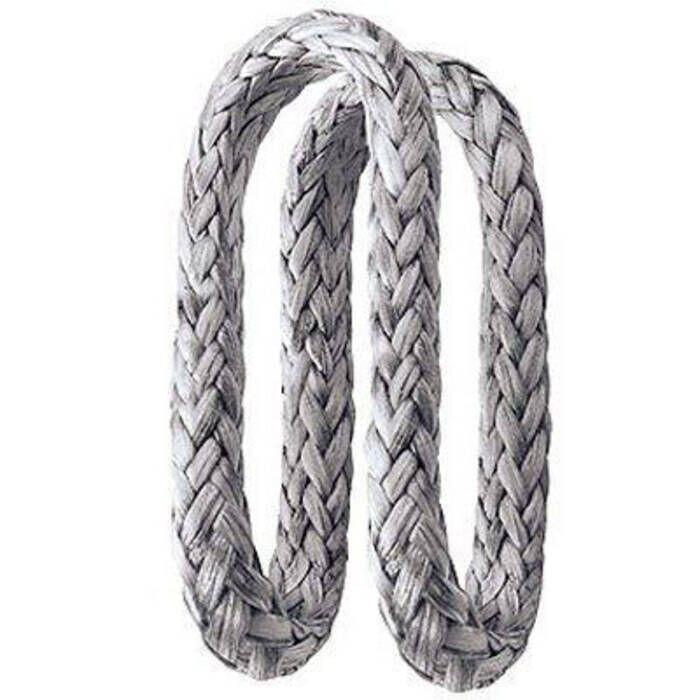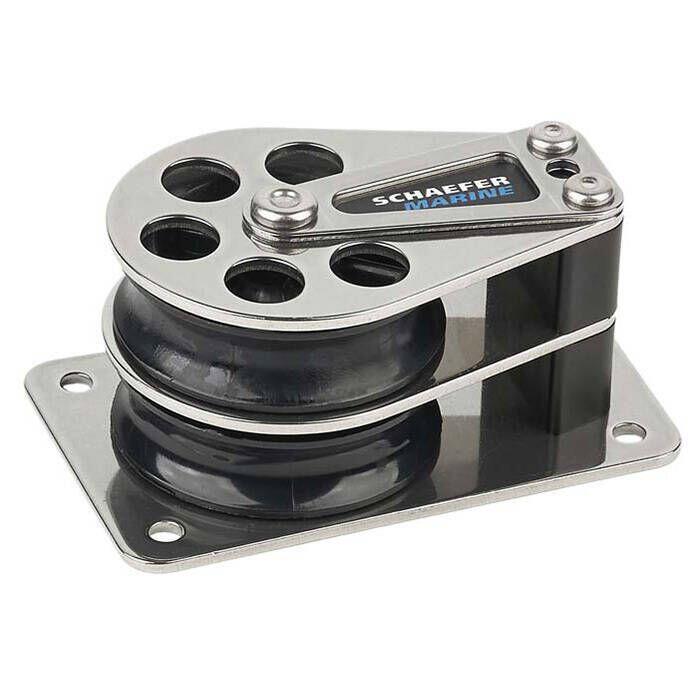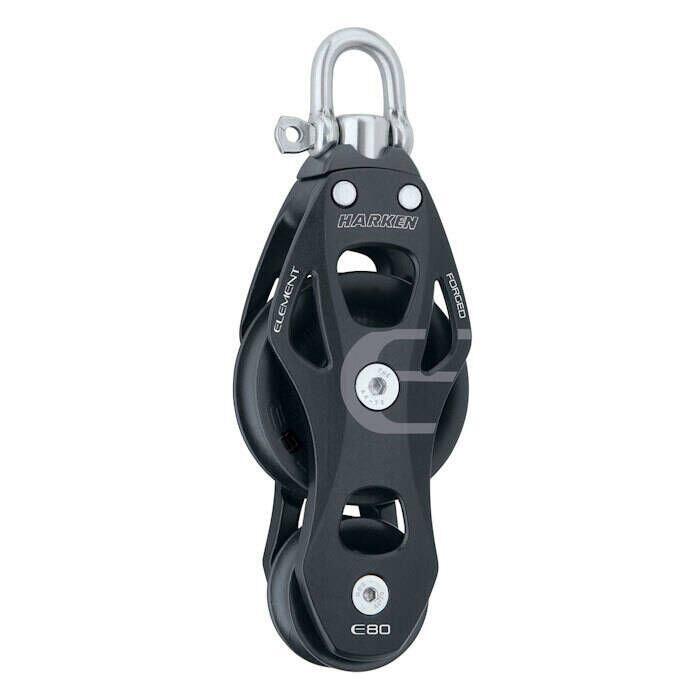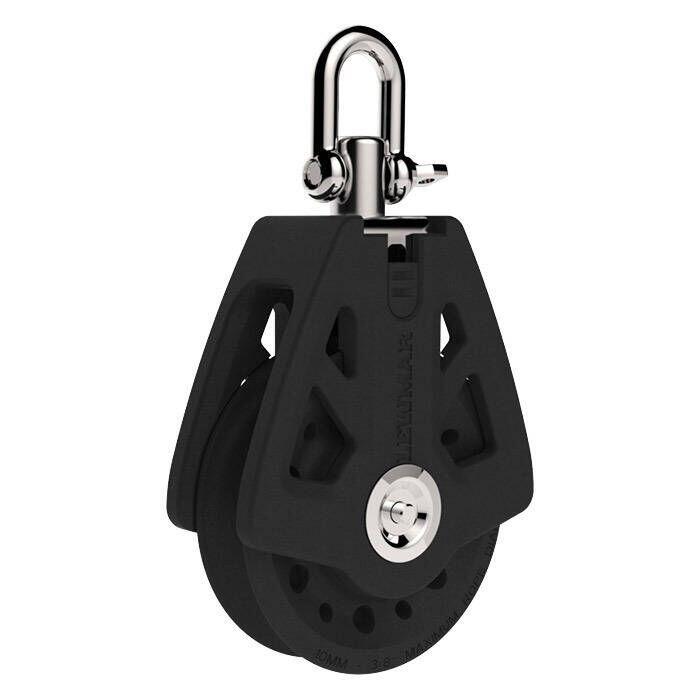Poulies
-

Antal - Anneau à Faible Friction avec Boucle en Dyneema
86,45 $ - 116,06 $ -

Schaefer - Poulie de Guidage d'Enrouleur à Pince pour Balcon - 300-35
209,26 $ -

Barton - Œillet Haute Charge à Faible Friction avec Boucle en Dyneema
83,58 $ - 236,34 $ -
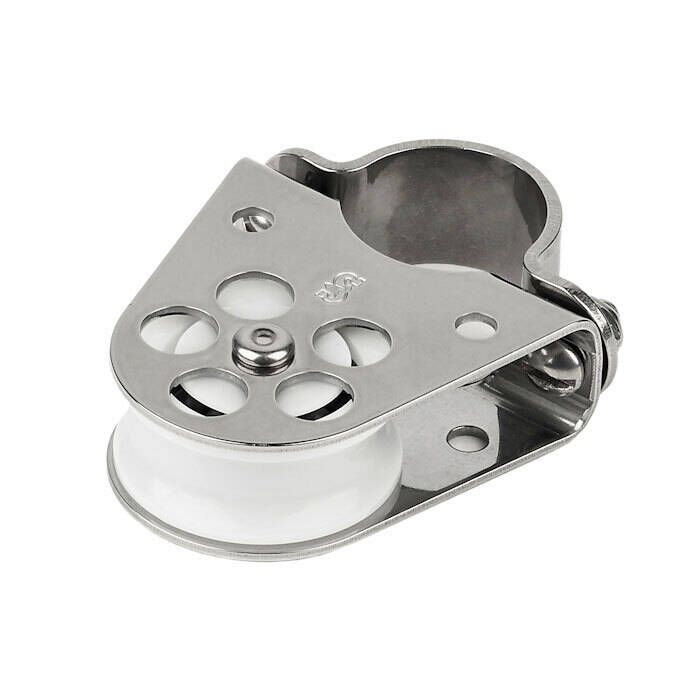
Schaefer - Poulie de Guidage d'Enrouleur à Pince pour Chandelier - 300-34
102,10 $ -

Harken - Ensemble de Blocs de Guidage pour Enrouleur Carbo - 7404
496,85 $ -

Antal - Poulie Ouvrante
262,84 $ - 526,51 $ -
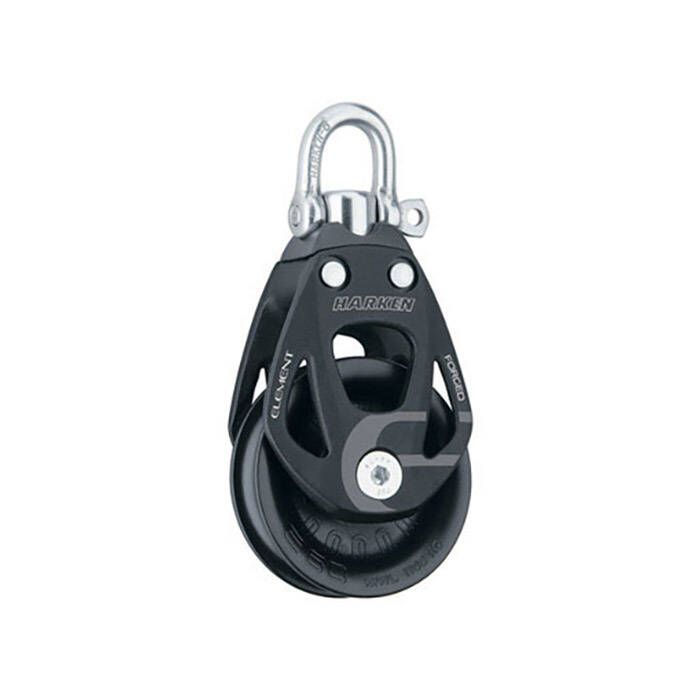
Harken - Poulie Élément en Aluminium - 60 mm (2 3/8") - 6260
95,70 $ -
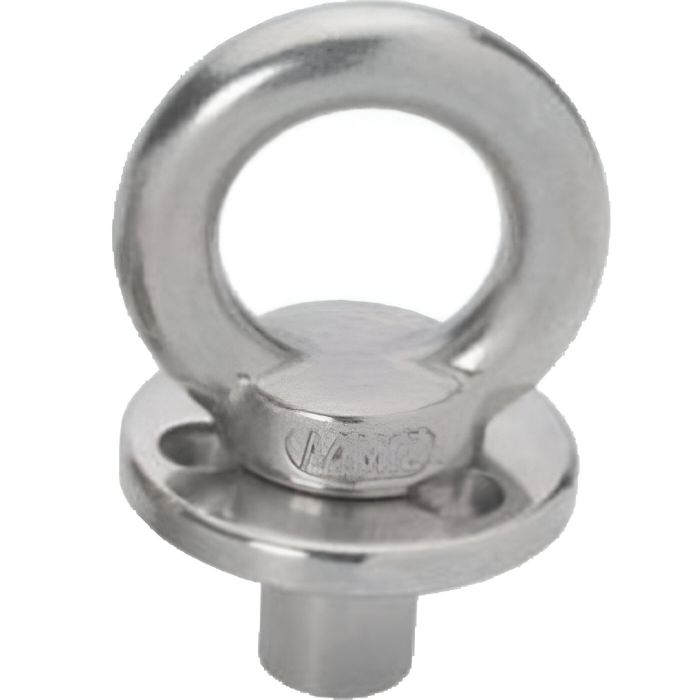
Barton - Plaque de Pont Encastrée
144,40 $ - 186,37 $ -

Harken - Poulie Élément en Aluminium - 80 mm (3 1/8") - 6290
155,77 $ -
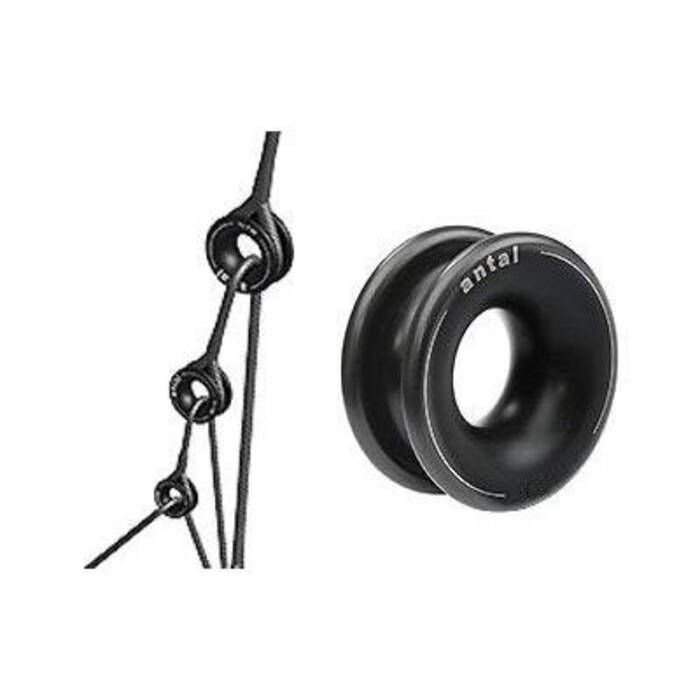
Antal - Anneau à Faible Friction
28,71 $ - 77,57 $ -

Harken - Poulie Black Magic avec Émerillon - 75 mm (2 15/16") - 3231
760,52 $ -

Harken - Bloc Carbo Air - 40 mm (1 9/16") - 2636
55,52 $ -
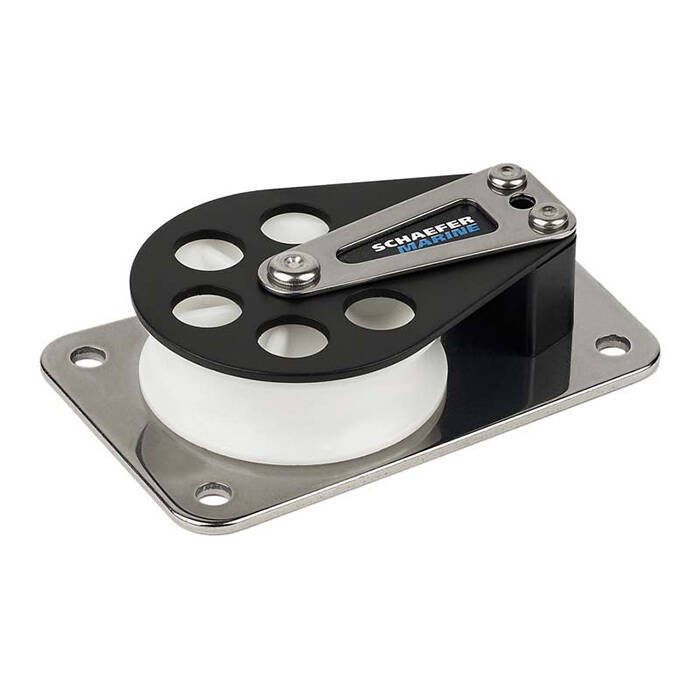
Schaefer - Poulie Latérale Série 5 - 504-11
123,25 $ -
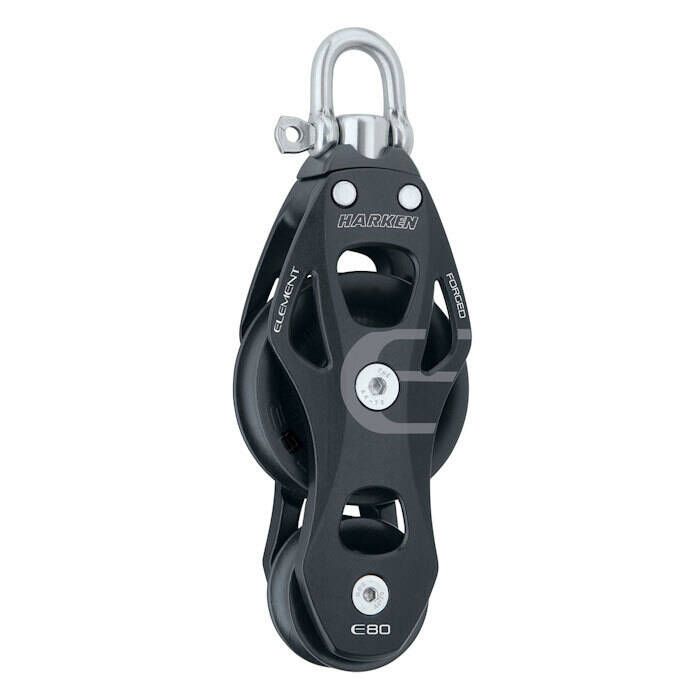
Harken - Poulie Violon en Aluminium Element avec Émerillon - 80 mm (3 1/8") - 6292
244,60 $ -

Harken - Bloc Carbo Air - 57 mm (2 1/4") - 2600
79,49 $ -

Schaefer - Poulie Latérale Série 7 - 705-11
226,18 $ -

Harken - Poulie Fixe en Aluminium Element - 80 mm (3 1/8") - 6280
474,85 $ -
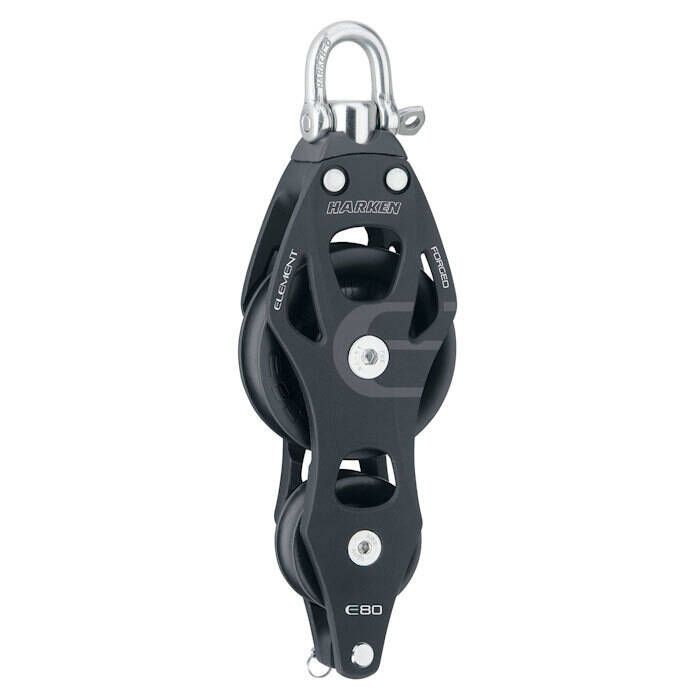
Harken - Poulie Violon en Aluminium Element avec Émerillon et Filoir - 80 mm (3 1/8") - 6293
265,11 $ -

Harken - Poulie Élément en Aluminium - 60 mm (2 3/8") - 6264
200,04 $ -

Spinlock - Bloc de Guidage Compact pour Chandelier - WL/1
28,92 $ -
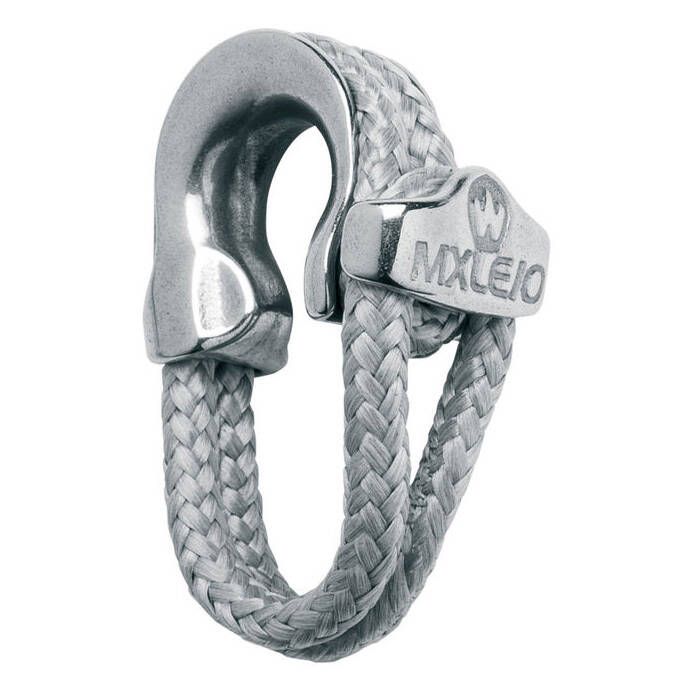
Wichard - Poulie Souple MXLEvo
96,82 $ - 197,49 $ -



Barton - Organisateur de Pont Taille 2
89,87 $ - 216,41 $ -
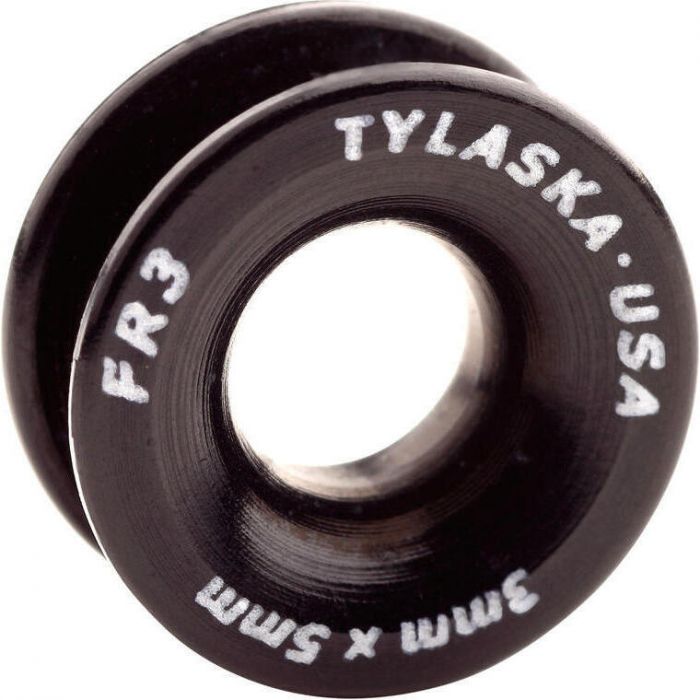
Tylaska - Virole d'Anneau à Faible Friction
13,15 $ - 101,37 $ -
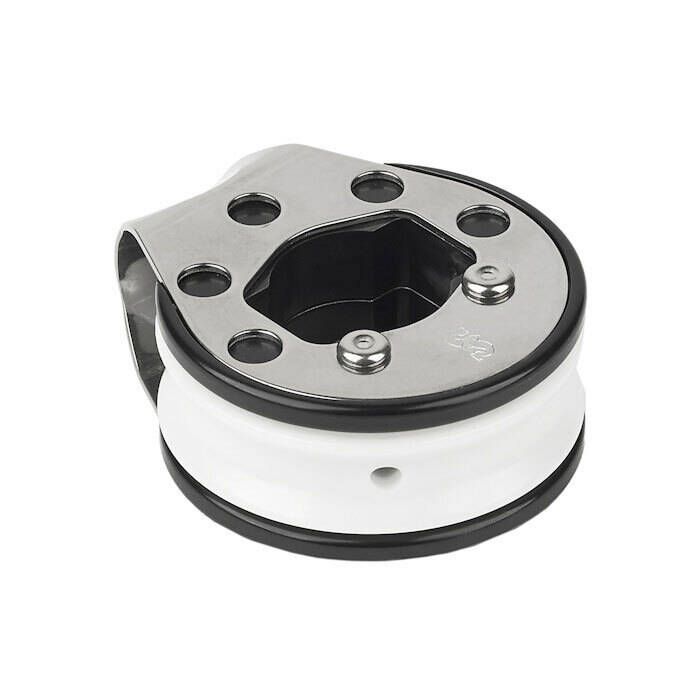
Schaefer - Poulie de Guidage d'Enrouleur Extérieure pour Marche Transparente - 506-44
116,20 $ -

Harken - Bloc Carbo Air - 57 mm (2 1/4") - 2602
168,32 $ -

Harken - Poulie Black Magic avec Émerillon - 100 mm (3 15/16") - 3246
1 066,49 $ -

Harken - Bloc Carbo Air - 75 mm (2 15/16") - 2660
140,12 $ -

Harken - Poulie à Boucle Black Magic - 75 mm (2 15/16") - 3230
674,51 $ -
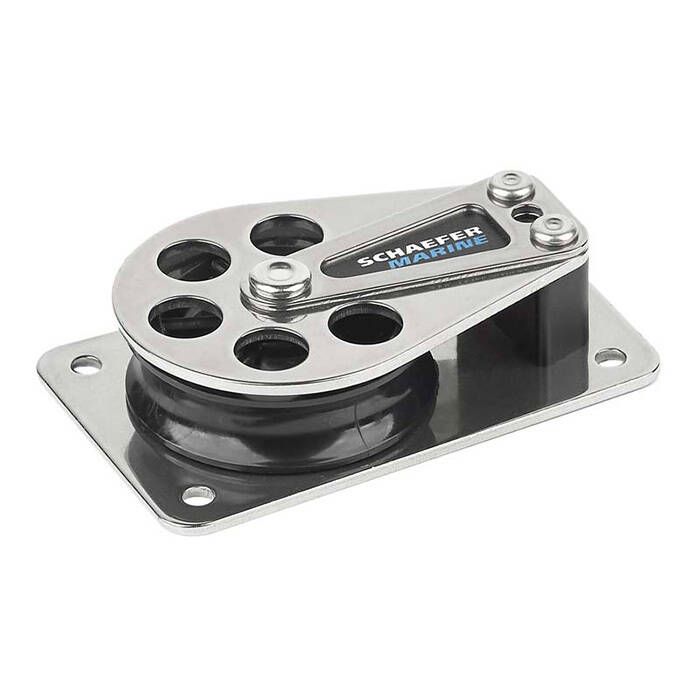
Schaefer - Poulie Latérale Série 5 - 505-11
147,22 $ -

Harken - Poulie Violon Carbo Air - 57 mm (2 1/4") - 2624
254,33 $ -
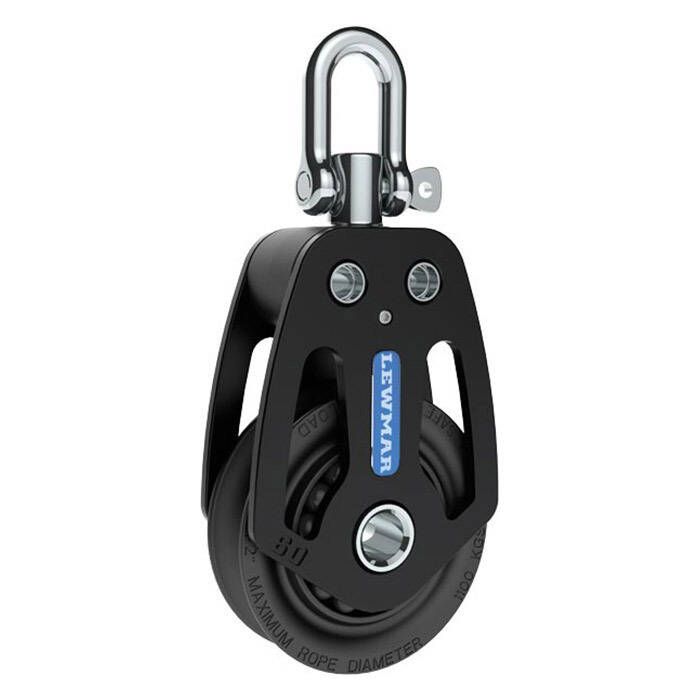
Lewmar - Poulie HTX - 72 mm (2 7/8")
171,19 $ - 302,32 $ -
 14% off
14% offLewmar - Poulie Synchro - 90 mm (3 1/2")
169,78 $ - 200,80 $144,40 $ - 200,80 $ -
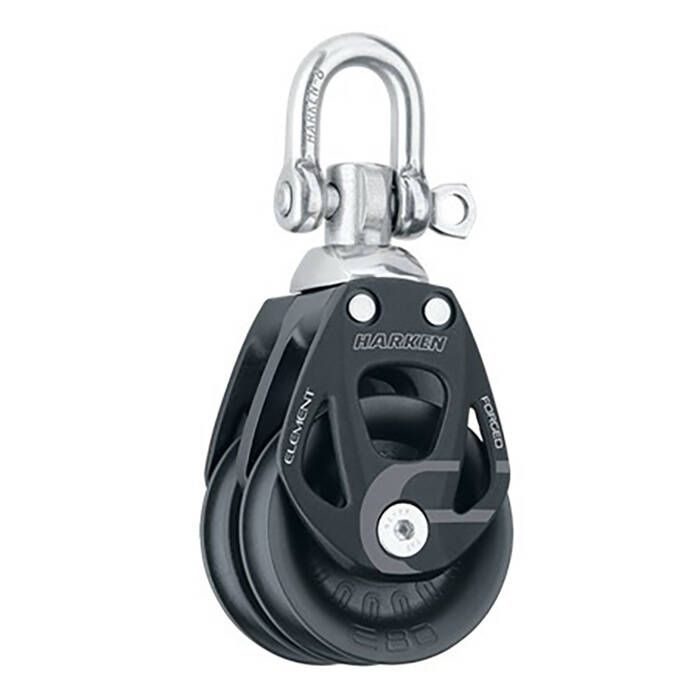
Harken - Poulie Double en Aluminium Element avec Émerillon - 80 mm (3 1/8") - 6296
311,80 $ -
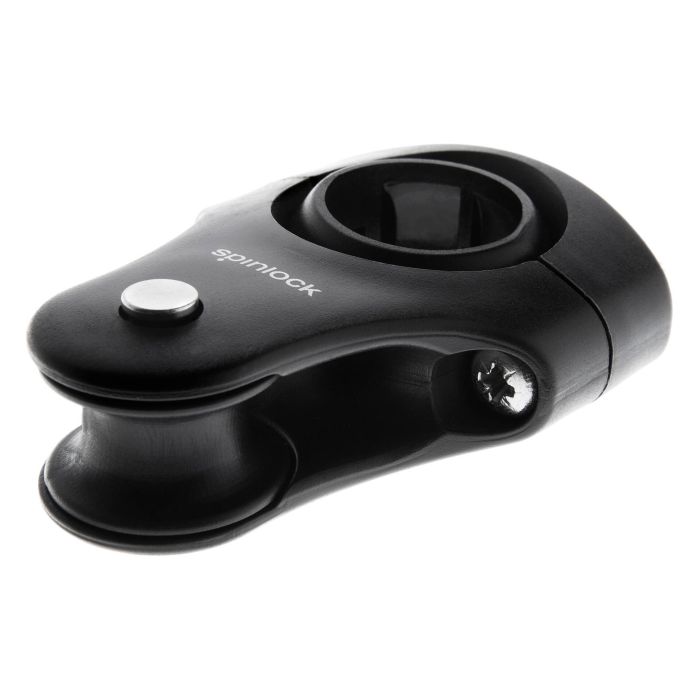
Spinlock - Bloc de Guidage Compact pour Chandelier - WL/2
57,83 $ -

Lewmar - Poulie de Pied Synchro - 90 mm (3 1/2")
162,73 $ - 195,16 $ -
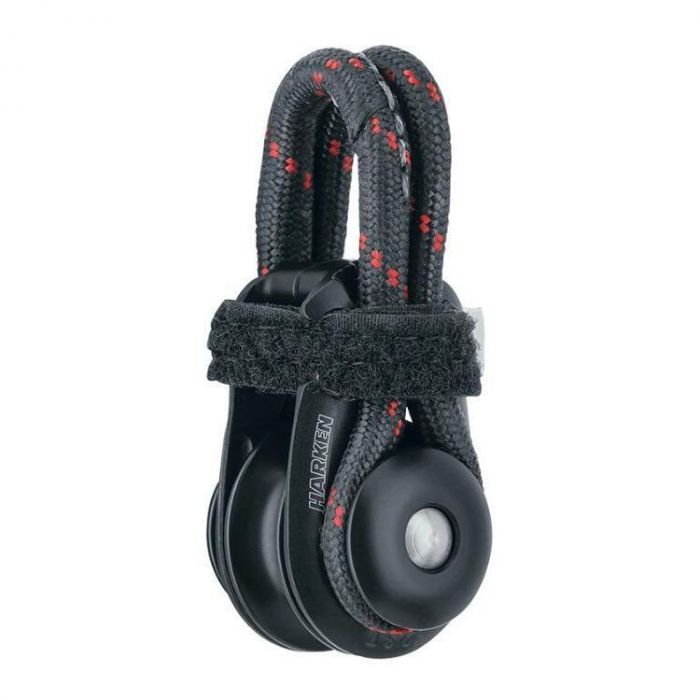
Harken - Poulie Violon Haute Charge 2,3T - 3299
659,00 $ -

Harken - Poulie Carbo à Montage sur Chandelier - 40 mm (1 9/16") - 7401
82,31 $ -

Harken - Bloc à Cliquet avec Émerillon Carbo Air - 57 mm (2 1/4") - 2135
123,20 $ -
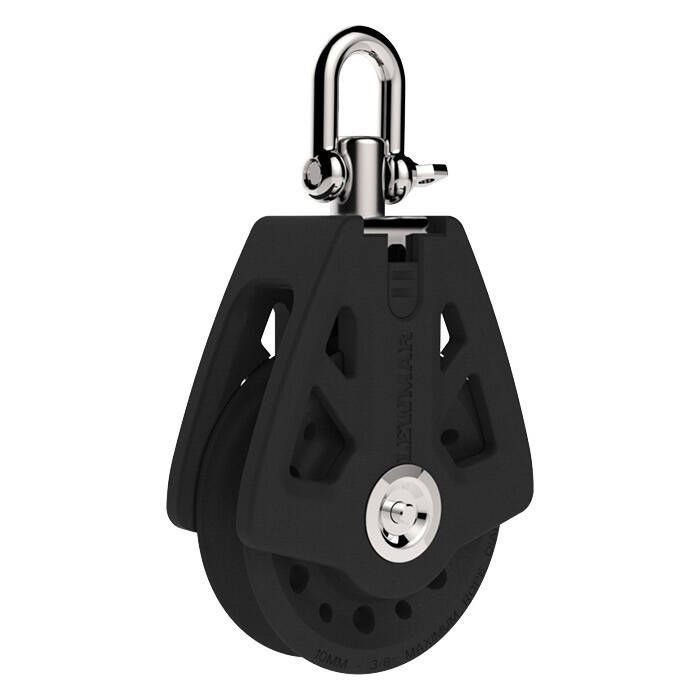
Lewmar - Poulie Synchro - 72 mm (2 13/16")
71,08 $ - 79,54 $ -
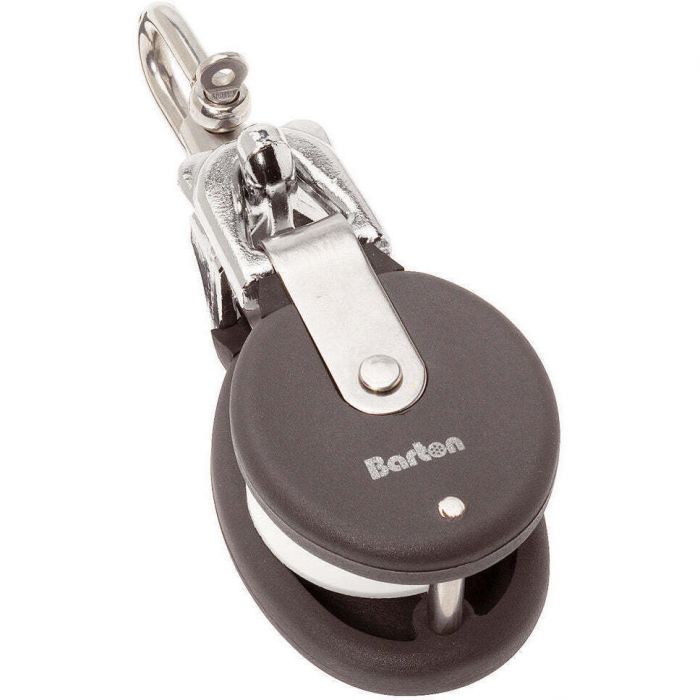
Barton - Poulie Ouvrante avec Manille en D - 90402
198,89 $ -

Ronstan - Poulie Violon avec Tête à Tourillon - 64 mm (2 1/2") - RF6721
376,87 $ -

Lewmar - Poulie Violon Synchro - 72 mm (2 13/16")
99,28 $ - 200,80 $ -

Harken - Poulie à Sortie Simple Protexit
133,07 $ - 230,36 $ -

Schaefer - Poulie de Joue Série 3 - 303-09
100,69 $ -
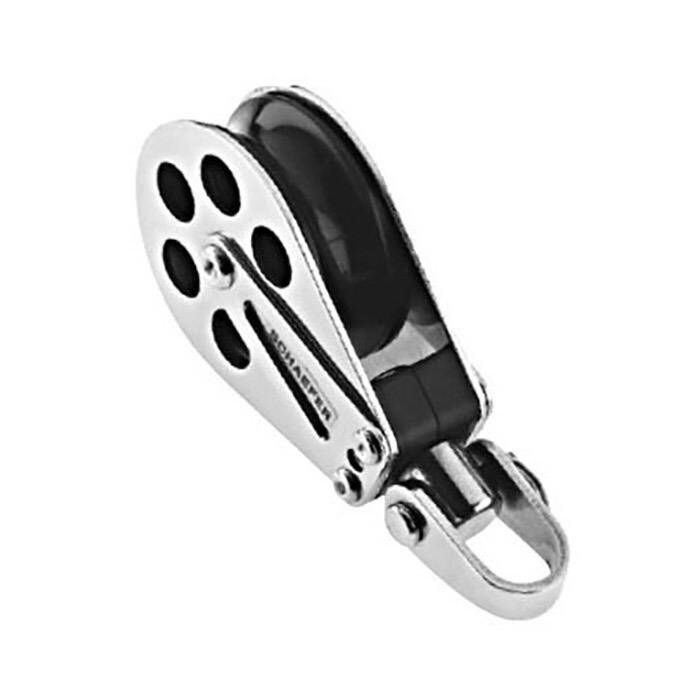
Schaefer - Poulie Série 7 - 705-05
206,44 $ -

Harken - Poulie Élément en Aluminium - 60 mm (2 3/8") - 6269
206,88 $ -
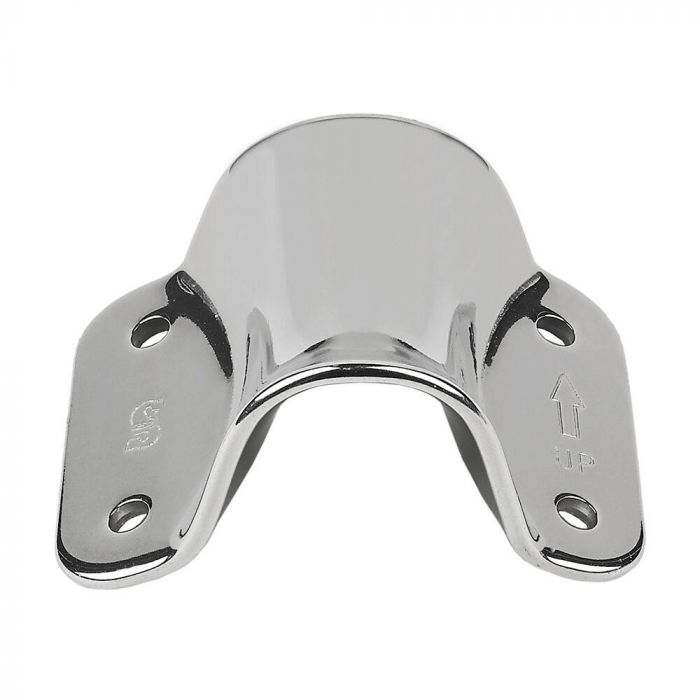
Schaefer - Retenue de Drisse
40,06 $ - 66,87 $ -
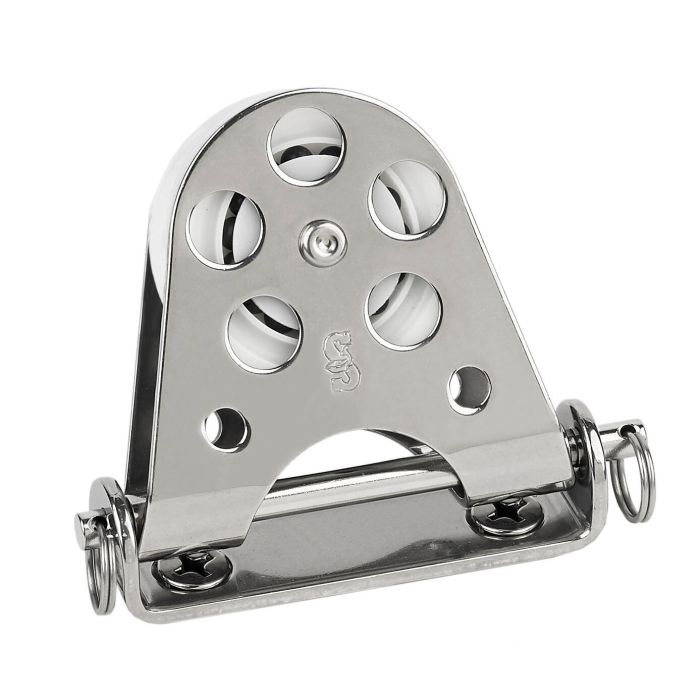
Schaefer - Poulie de Renvoi Articulée - 506-32
326,29 $
About Poulies
Marine Blocks: Buyer’s Guide
Introduction
For avid sailors and boating enthusiasts, selecting the right marine blocks is crucial for a seamless and safe sailing experience. Marine blocks play an essential role in the efficient and effective operation of a boat's rigging system. This guide is designed to help you understand the nuances of marine blocks and make an informed decision when purchasing them.
Section 1: What Are Marine Blocks?
Marine blocks are pulleys used in the rigging of boats and ships. They facilitate the changing of direction and point of application of a force applied to a rope. In simpler terms, they are used to lift heavy loads, adjust sails, and aid in maneuvering the boat.
Types of Marine Blocks
- Single Blocks: Used for basic applications, these have one wheel and one sheave.
- Double Blocks: With two sheaves, they offer more mechanical advantage.
- Swivel Blocks: These can rotate to prevent rope twisting.
- Fiddle Blocks: Combine different sizes of sheaves in one block for versatile applications.
Section 2: Factors to Consider When Buying Marine Blocks
Material and Durability
Marine blocks are typically made from stainless steel or composite materials. The choice depends on the sailing conditions and the required strength-to-weight ratio.
Load Capacity and Size
Consider the maximum load the block will handle and ensure it matches your requirements. The size of the block should correspond with the thickness and strength of the ropes used.
Ease of Use and Maintenance
Look for blocks that are easy to install and maintain. Blocks with ball bearings offer smoother operation but may require more maintenance than plain bearing blocks.
Compatibility
Ensure the blocks are compatible with your boat’s rigging system and the type of sailing you do.
Section 3: Top Brands and Their Offerings
Harken Blocks
Known for high-quality, durable marine blocks. They offer a wide range of blocks for various sailing needs.
Lewmar Blocks
Offers a variety of blocks that balance performance and price, suitable for both casual and competitive sailors.
Ronstan Blocks
Famous for innovative designs, Ronstan’s blocks are popular among those looking for high-performance gear.
Section 4: Maintenance and Care for Marine Blocks
Regular maintenance includes cleaning, inspecting for wear and tear, and lubrication. Always follow the manufacturer’s guidelines for care and maintenance to ensure longevity and optimal performance.
Conclusion
Choosing the right marine block involves understanding your sailing needs, the types of blocks available, and the best brands in the market. With this guide, you are now equipped to make an informed decision that enhances your boating experience.
FAQs
Q: Can I use any block for any type of sailing?
A: No, it's important to choose a block based on the specific needs of your sailing activity.
Q: How often should I replace my marine blocks?
A: It depends on the usage and maintenance. Regular inspection will help you determine when a replacement is needed.


